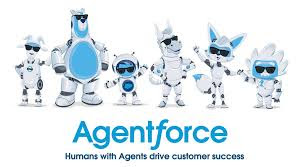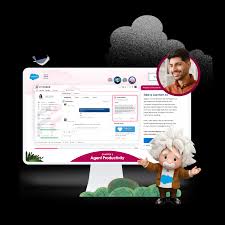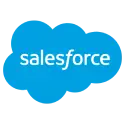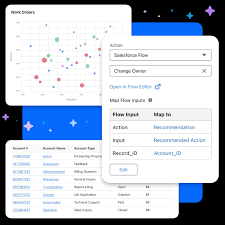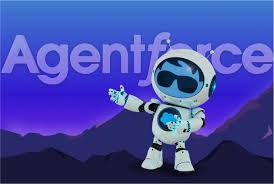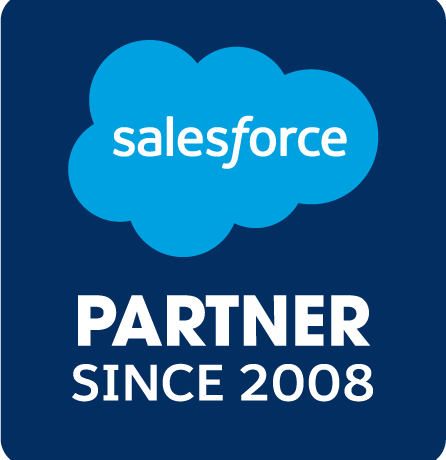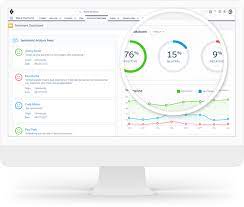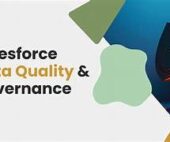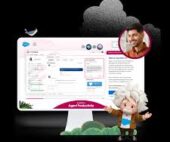AgentForce Flex Pricing
Salesforce Introduces Flexible Pricing for Agentforce to Accelerate AI Adoption Across Enterprises Salesforce, the global leader in AI-powered CRM, last week announced a new flexible pricing model for Agentforce, its digital labor platform, designed to meet surging demand for AI-driven automation across every employee, department, and business process. As AI adoption accelerates, CIOs face mounting pressure to balance innovation with cost control. According to Salesforce’s CIO AI Trends research, 90% of IT leaders say managing AI expenses is hindering their ability to drive value—a challenge underscored by recent findings from CIO.com. To address this, Salesforce is introducing three groundbreaking pricing innovations that empower businesses to scale AI adoption efficiently, align costs with outcomes, and adapt investments as needs evolve: 1. Flex Credits: Pay Only for the AI Actions You Use Moving beyond traditional per-conversation pricing, Salesforce now offers Flex Credits, a consumption-based model where customers pay only for the specific AI actions performed—whether updating records, automating workflows, or resolving cases. 2. Flex Agreement: Shift Investments Between Human & Digital Labor The new Flex Agreement allows organizations to dynamically reallocate budgets—converting user licenses into Flex Credits (or vice versa)—ensuring optimal resource allocation as business priorities shift. 3. Agentforce User Licenses & Add-Ons: Unlimited AI for Every Employee Salesforce is simplifying AI adoption with per-user-per-month (PUPM) pricing, offering unlimited employee-facing AI agent usage. Seamlessly integrated with Salesforce and Slack, these licenses eliminate usage caps, enabling businesses to deploy AI at scale across sales, service, HR, and IT. Industry & Customer Reactions Availability & Pricing With this move, Salesforce reinforces its commitment to making AI accessible, scalable, and cost-effective for enterprises worldwide. Like Related Posts Salesforce OEM AppExchange Expanding its reach beyond CRM, Salesforce.com has launched a new service called AppExchange OEM Edition, aimed at non-CRM service providers. Read more The Salesforce Story In Marc Benioff’s own words How did salesforce.com grow from a start up in a rented apartment into the world’s Read more Salesforce Jigsaw Salesforce.com, a prominent figure in cloud computing, has finalized a deal to acquire Jigsaw, a wiki-style business contact database, for Read more Service Cloud with AI-Driven Intelligence Salesforce Enhances Service Cloud with AI-Driven Intelligence Engine Data science and analytics are rapidly becoming standard features in enterprise applications, Read more

